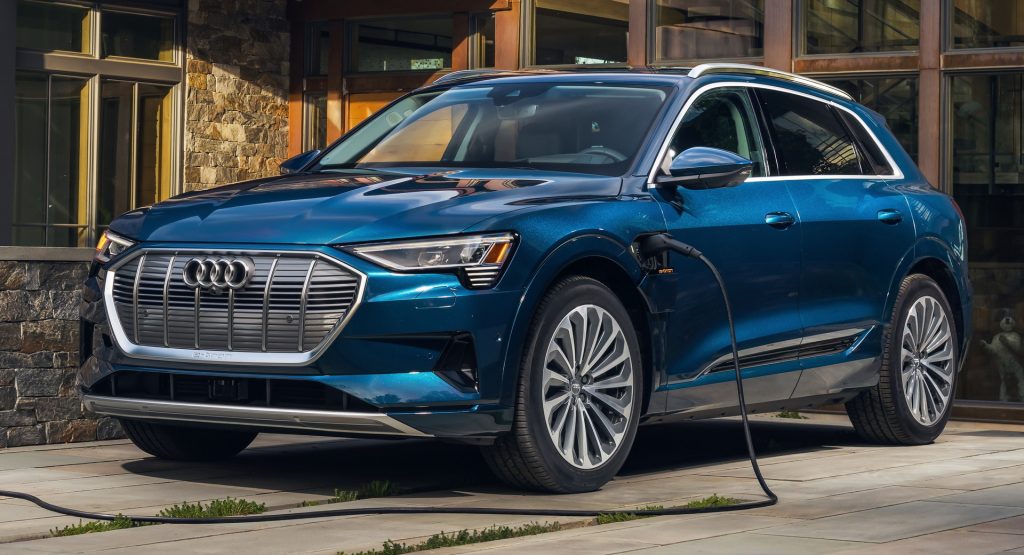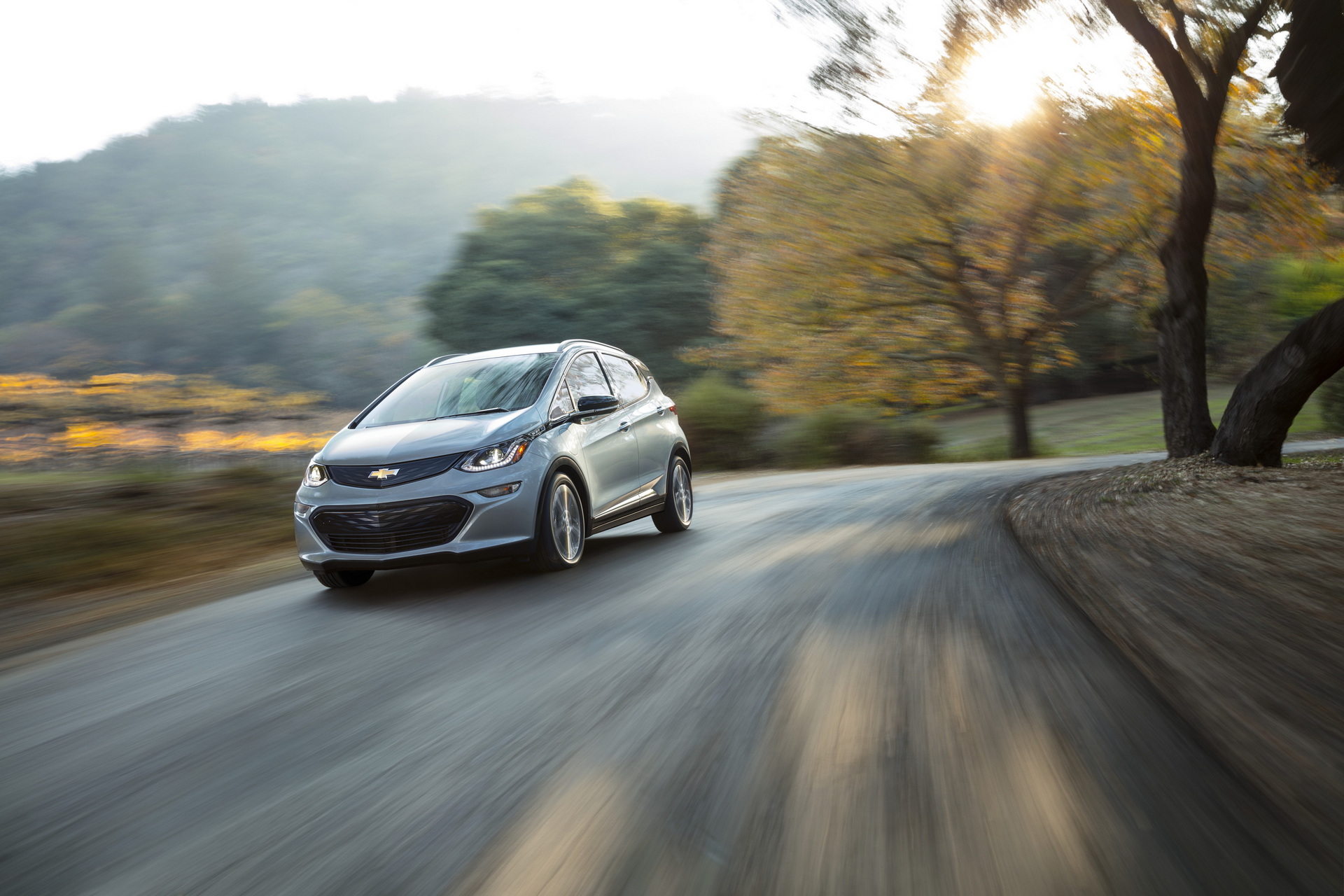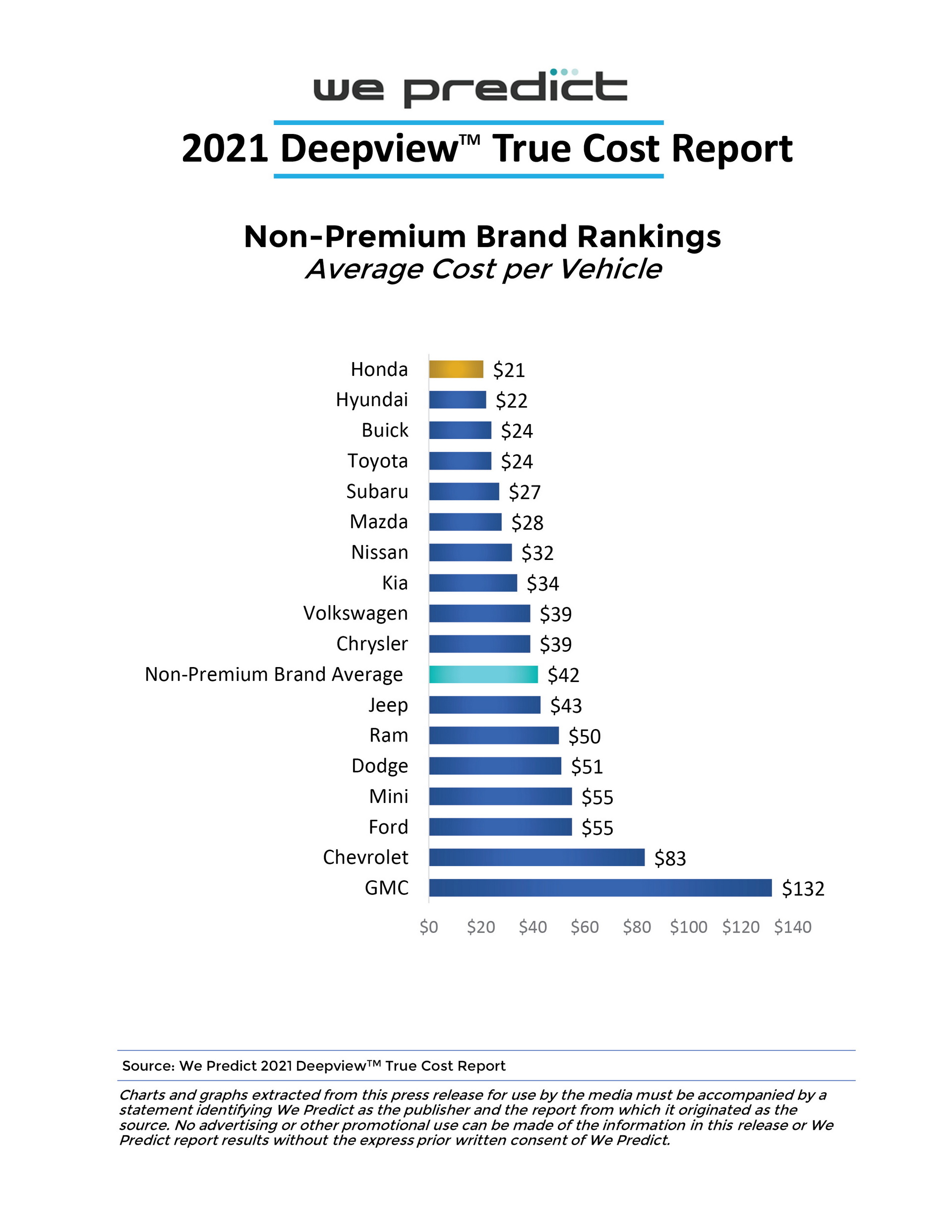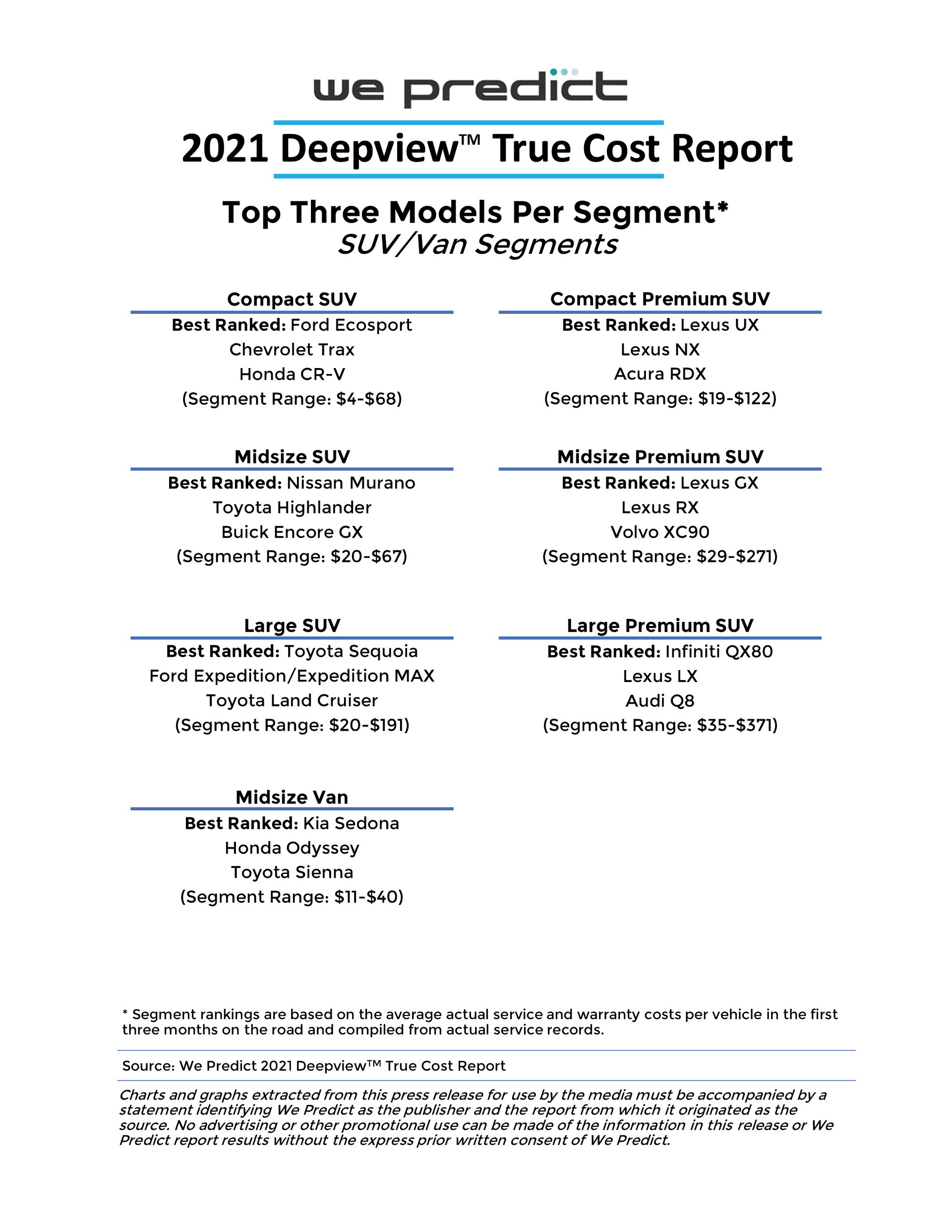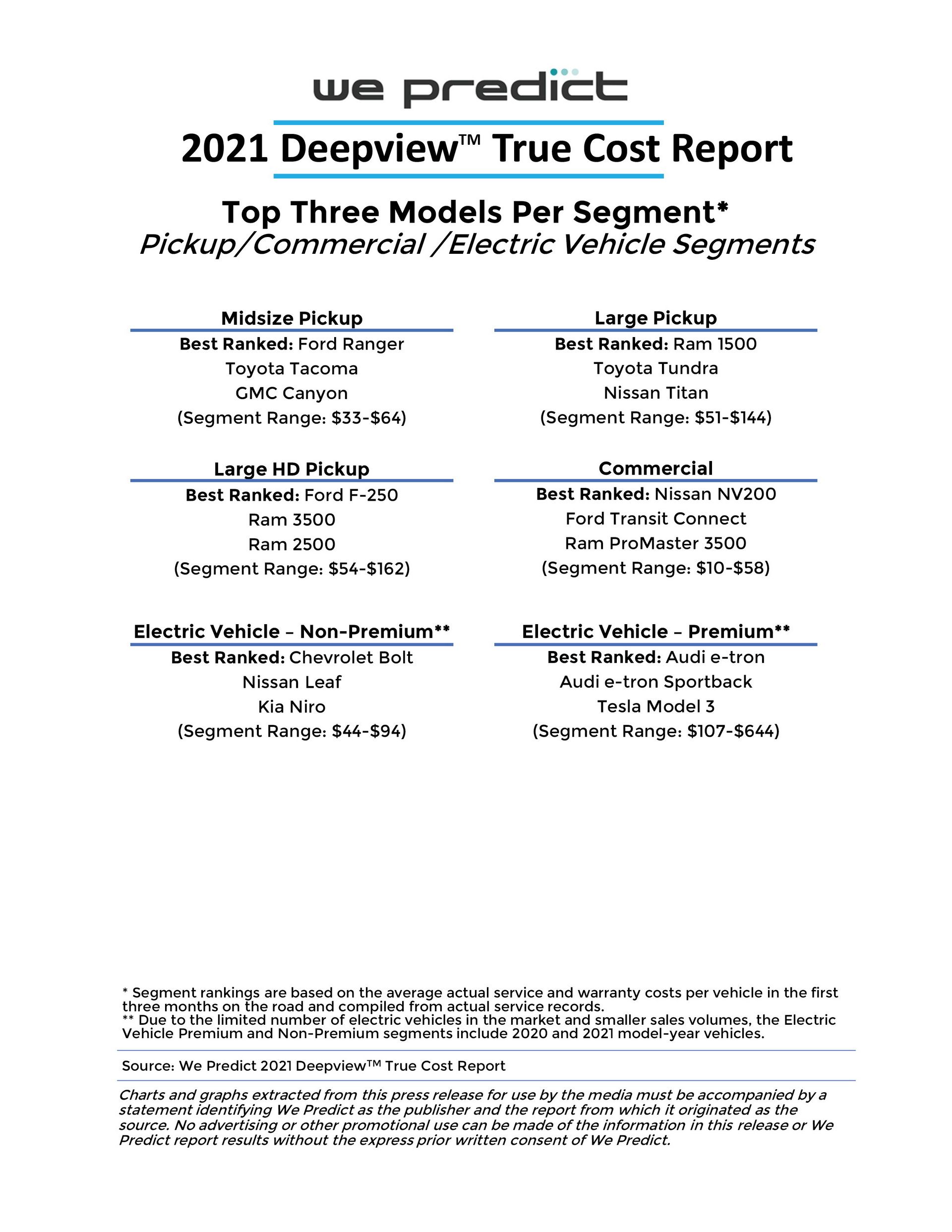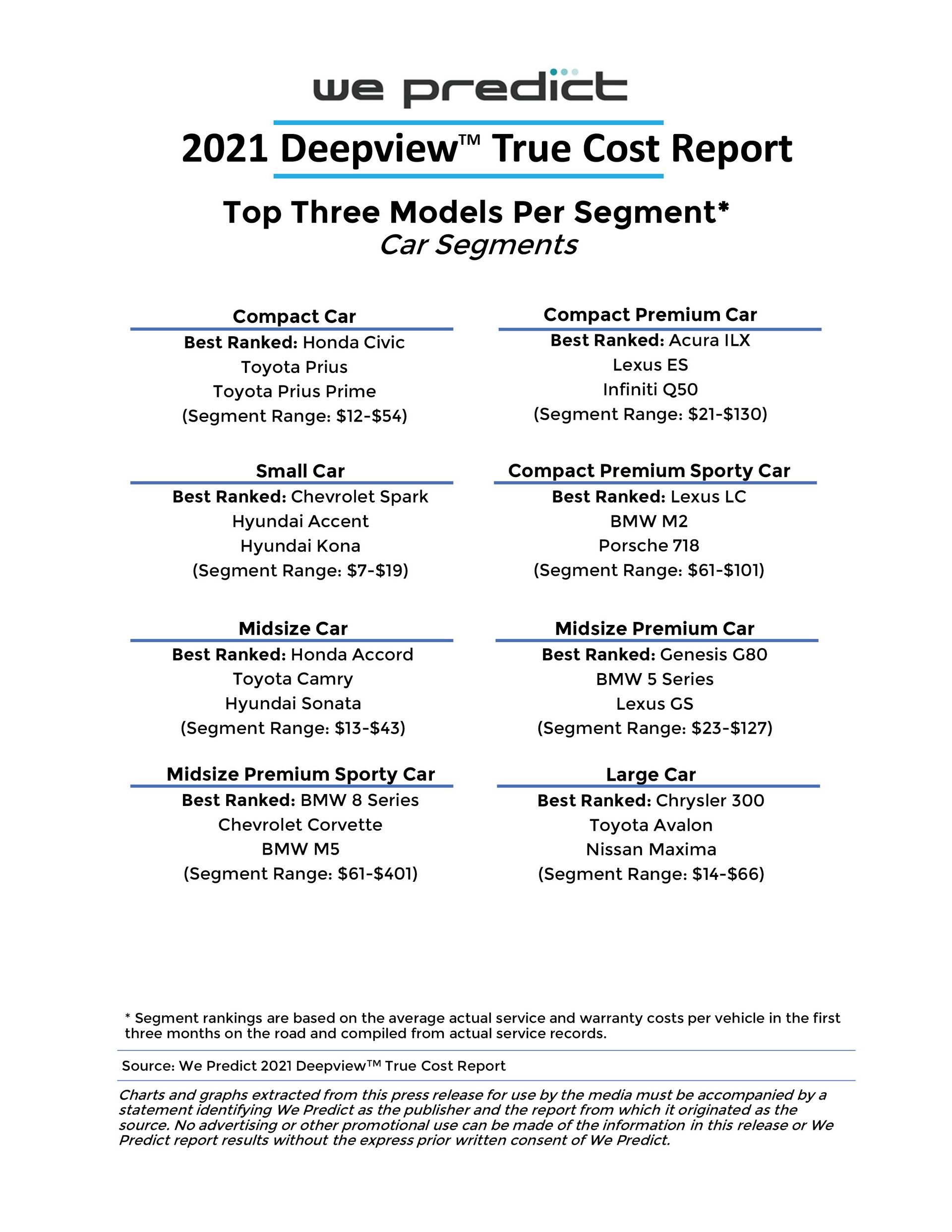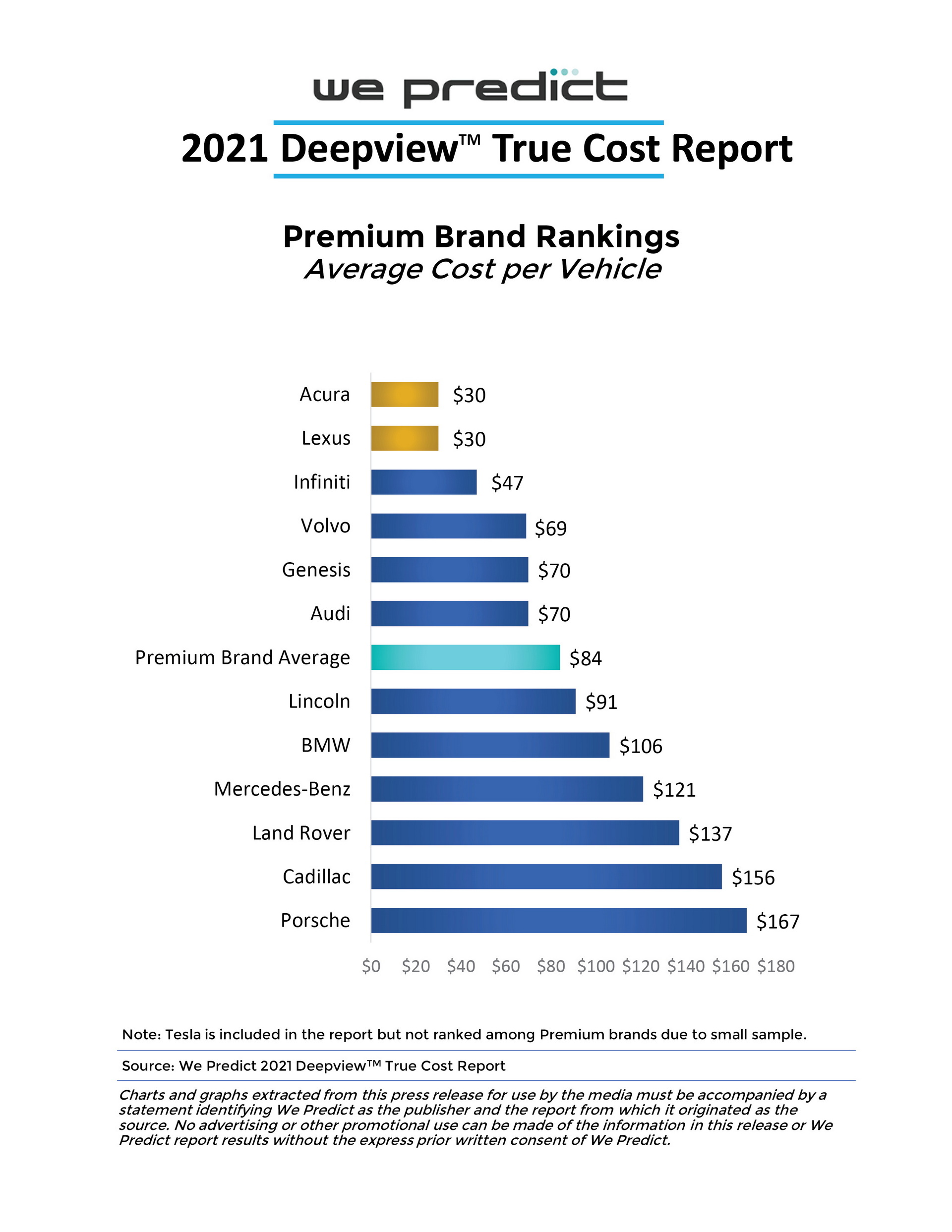Electric vehicles, often sold on their reduced running costs compared to ICE-powered cars, can actually cost more than twice as much during their first three months of ownership.
That’s the finding of a new study released by We Predict, which collected millions of vehicle repair and maintenance documents to determine vehicle costs over the first 90 days of ownership. The study found that service costs for EVs in that period averaged out to $123, whereas gas-powered cars averaged $53.
It perhaps shouldn’t come as a surprise that a new technology isn’t cheap, though. We Predict found that parts for EVs ($65 on average) cost more than parts for gas-powered cars ($28). Labor also costs more for EVs, with an average of $58 as compared to $25 for ICE-powered vehicles over that period.
These costs include warranty repairs and services, so the owner may not feel the burn in their wallets. It’s also worth noting that since repair and labor both cost around twice as much as they do for gas-powered cars, the overall price being twice as high would suggest that EV owners aren’t necessarily making more trips to the dealer in the first 90 days.
Also Read: Lexus Tops J.D. Power’s Dependability Study, Tesla (Unofficially) 30th Of 33
Similarly, premium vehicles ($69) tend to have higher 90-day costs associated with them than mass-market vehicles ($33). As noted by James Davies, We Predict founder and CEO, high repair prices early on suggest high repair prices later on.
“Vehicles that have low service and warranty costs at three months tend to have low costs at three years,” said Davies. “Our predictive analytics show that problems incurred in the first three months of service often indicate how the vehicle will perform over its lifecycle. Vehicle quality doesn’t get better with age.”
In terms of the wider industry, the non-premium brand with the lowest cost per vehicle in this study was Honda. Its cars had $21 worth of repairs in the first 90 days of ownership, on average. The worst was GMC, whose repairs totaled $132 on average.
The news continues to be good for Honda, as its Acura premium brand tops the charts in the premium brand rankings as well. Tied with Lexus, its vehicles cost an average of $30 over the first three months of ownership. Porsche, meanwhile, was at the bottom of the premium charts, with costs that averaged out to $167 per vehicle.
Despite Honda’s strong performance in the brand rankings, Toyota Motor Corporation’s vehicles were the cheapest to main in four segments (midsize premium SUV, Lexus GX; compact premium sporty car, Lexus LC; compact premium SUV, Lexus UX; and large SUV, Toyota Sequoia), the most of any brand.
Honda did come second, though, tied with Nissan and Ford at three segment-leading vehicles each. Honda also led the compact car segment (Honda Civic), the compact premium segment (Acura ILX), and the midsize car segment (Honda Accord).
Nissan took the large premium SUV segment (Infiniti QX80), the midsize SUV segment (Nissan Murano), and the commercial segment (Nissan NV200).
Ford, meanwhile, won in the compact SUV (Ford Ecosport), the large heavy-duty pickup (Ford F-250), and the midsize pickup (Ford Ranger) segments.
The cheapest premium electric vehicle to own over the first 90 days is the Audi e-tron, while the Chevrolet Bolt led the non-premium electric vehicle segment.
We Predict’s report included more than 801,000 vehicles across 306 models and took into account 1.6 million service or repair orders. It looked at maintenance, unplanned repairs, warranty and recalls, service campaigns, diagnostics, and software updates.




